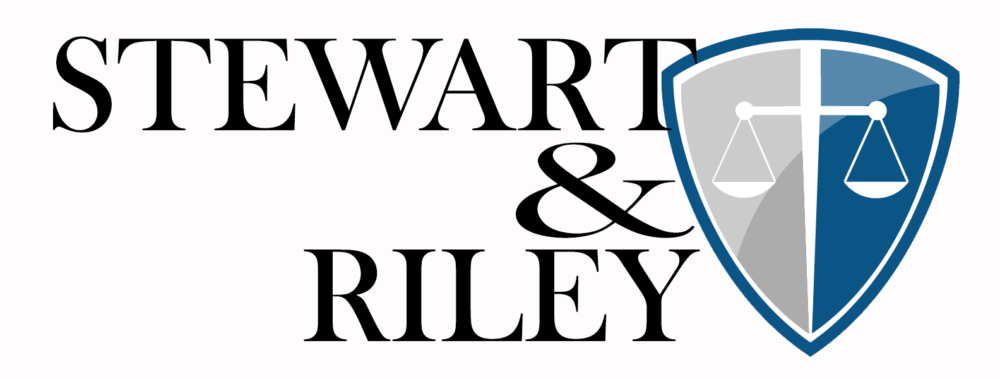It is extremely important that you notice your foreclosure plaintiff for a corporate representative’s deposition after having embarked upon and completed written discovery. You will want the corporate representative with the most knowledge as to several thing including the following:
- Knowledge of the facts asserted in the Pleadings.
- Knowledge of the facts asserted in any affidavit submitted by Plaintiff or Plaintiff’s agent(s).
- Knowledge of facts supporting Plaintiff’s modification of the subject note and how it supplemented and amended the subject note.
- Knowledge of the authenticity of any notes, allonges and assignments on which Plaintiff relies.
- Knowledge of the authenticity of the payment history.
- Knowledge of the performance of any conditions precedent, particularly under Paragraph (acceleration paragraph number) of the subject mortgage.
- Knowledge of any claim or acquisition of benefits from a private mortgage insurance policy that paid as a result of a default on the subject loan, whether in part or in full of the subject loan.
- Knowledge of the default date as April of 2011 when Defendant stopped making payments before that date.
- Any and all “bailee letters” in the Plaintiff’s possession, custody or control.
- Any knowledge as to recording the subject note, mortgage or modification of the subject note.
The deponent shall bring to this deposition, copies of documents as set forth below:
DOCUMENTS REQUESTED
- Any and all documents electronic or otherwise in the possession, custody or control of Plaintiff, its agents or affiliates which include the Trust (or Trustee Plaintiff), including but not limited to the performance of conditions precedent pursuant to Paragraph 22 of the mortgage.
- Any and all documents electronic or otherwise in the possession, custody or control of Plaintiff, its agents or affiliates which indicate the acquisition, transfer and storage of the subject Note.
- Any and all documents electronic or otherwise in the possession, custody or control of Plaintiff, its agents or affiliates which relate in any way to default insurance.
- Any and all documents that Plaintiff sent to the Defendants that would notify or that would purport to be a notice of collecting a monetary debt against the Defendants.
- Copy of entire text of notes from any telephone conversations with Defendants or their authorized representatives.
- Copy of any audio recordings of telephone calls between Plaintiff or its agent(s) and Defendants or their representatives.
- Copy of any photo of when Plaintiff or its agent alleges and charges for a inspection of the subject property.
- Copy of any agreement(s) between Plaintiff and Defendants that the collateral would be voluntarily surrendered in full satisfaction of the debt.
- Copy of any power of attorney between Plaintiff and its servicer(s) that has or is servicing the subject loan.
- Copy of any document that shows each servicer that serviced the subject loan and during what periods each entity serviced the subject loan.
- Copy of any video or audio recordings from when the collateral was recovered from Defendants voluntarily.
- Plaintiff’s process of mailing letters, particularly of the subject letter of its intent to accelerate the debt that Plaintiff intends to rely on in its case in chief.
Foreclosure Mediation
Oftentimes, a deposition can turn into a mediation of sorts, as you may very well have a qualified witness who has authority and will be the witness who would have to attend trial (and may not particularly want to). So this witness may be very helpful to a homeowner’s plight. Chapter 44 of Florida Statutes deals with mediation as an alternative to judicial action or decision making in a civil case, including foreclosure cases.
Mediation still may be necessary if there are loose ends to address at another meeting. Here, you are presenting all your leverage to push forward a favorable resolution, one that is reasonable and common sense. But without discovering your defenses, the bank will not voluntarily become reasonable. You must work your case from all angles and, in the end, be prepared for trial if necessary.
If we can be helpful to you here, particularly in foreclosure cases filed in New Port Richey where our office is located, please call us at 727-312-3748 or email us at BRR@BetterCallBrendan.com. If you are a homeowner with a foreclosure case in a different jurisdiction or county, please do not hesitate to contact us or other counsel for help in your foreclosure case.

